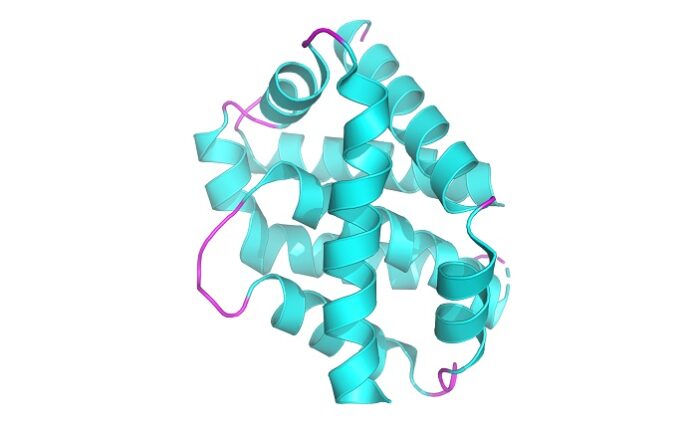In a groundbreaking advancement, researchers at the Walter and Eliza Hall Institute (WEHI) have discovered a way to block cell death—a major step forward in developing treatments for neurodegenerative diseases such as Parkinson’s and Alzheimer’s. Their findings, published in Science Advances under the title “Differential regulation of BAX and BAK apoptotic activity revealed by small molecules”, present a new direction for neuroprotective drug development.
Understanding the Role of Cell Death in Brain Disorders
Each day, millions of cells in the human body undergo programmed death, a process essential for maintaining health. However, excessive or premature death of brain cells is a key factor in neurodegenerative diseases. In Parkinson’s and Alzheimer’s, this leads to progressive neurological symptoms and, ultimately, disability.
Professor Grant Dewson, co-corresponding author and head of the WEHI Parkinson’s Disease Research Center, explained, “Currently, no treatments exist that prevent neuron death to slow Parkinson’s progression. A drug capable of doing this would be truly transformative.”
Identifying a Small Molecule That Blocks Cell Death
To tackle this issue, the WEHI team collaborated with the National Drug Discovery Center to search for new compounds that could block cell death. After screening more than 100,000 chemical compounds, researchers identified a small molecule that effectively inhibits a key cell death protein.
Co-corresponding author Professor Guillaume Lessene noted, “We were thrilled to discover a compound that targets a killer protein called BAX. In neurons, simply turning off BAX could be enough to prevent unnecessary cell death.”
BAX: A Key Target in Preventing Neurodegeneration
As reported by medicalxpress, the BAX protein plays a central role in cell death by damaging mitochondria—the energy powerhouses of cells. The new molecule successfully prevents BAX from reaching the mitochondria, thereby stopping it from triggering cell death.
Lead author and Dewson Lab researcher Kaiming Li emphasized, “This is the first time we’ve managed to keep BAX away from mitochondria using a small molecule, keeping cells alive in the process. It opens the door for next-generation therapies to treat degenerative brain conditions.”
A New Chapter in Cell Death Research
This discovery builds on WEHI’s decades-long leadership in cell death research. In 1988, WEHI scientists made a pioneering discovery of a protein that halts programmed cell death. This eventually led to the development of an anti-cancer drug. Drugs that promote cell death have revolutionized cancer treatment. However, developing cell death blockers for neurodegenerative conditions has been far more complex—until now.
Paving the Way for Disease-Modifying Therapies
The WEHI Parkinson’s Disease Research Center is now leveraging this breakthrough to accelerate the search for disease-modifying treatments. Their multidisciplinary approach focuses on the interplay between cell death, mitochondrial damage, inflammation, and ubiquitin signaling—all critical elements in the progression of neurodegenerative disorders.
The team’s latest discovery lays the groundwork for creating drugs that could protect brain cells. These drugs may also slow disease progression and improve the quality of life for millions living with Parkinson’s and Alzheimer’s disease.























